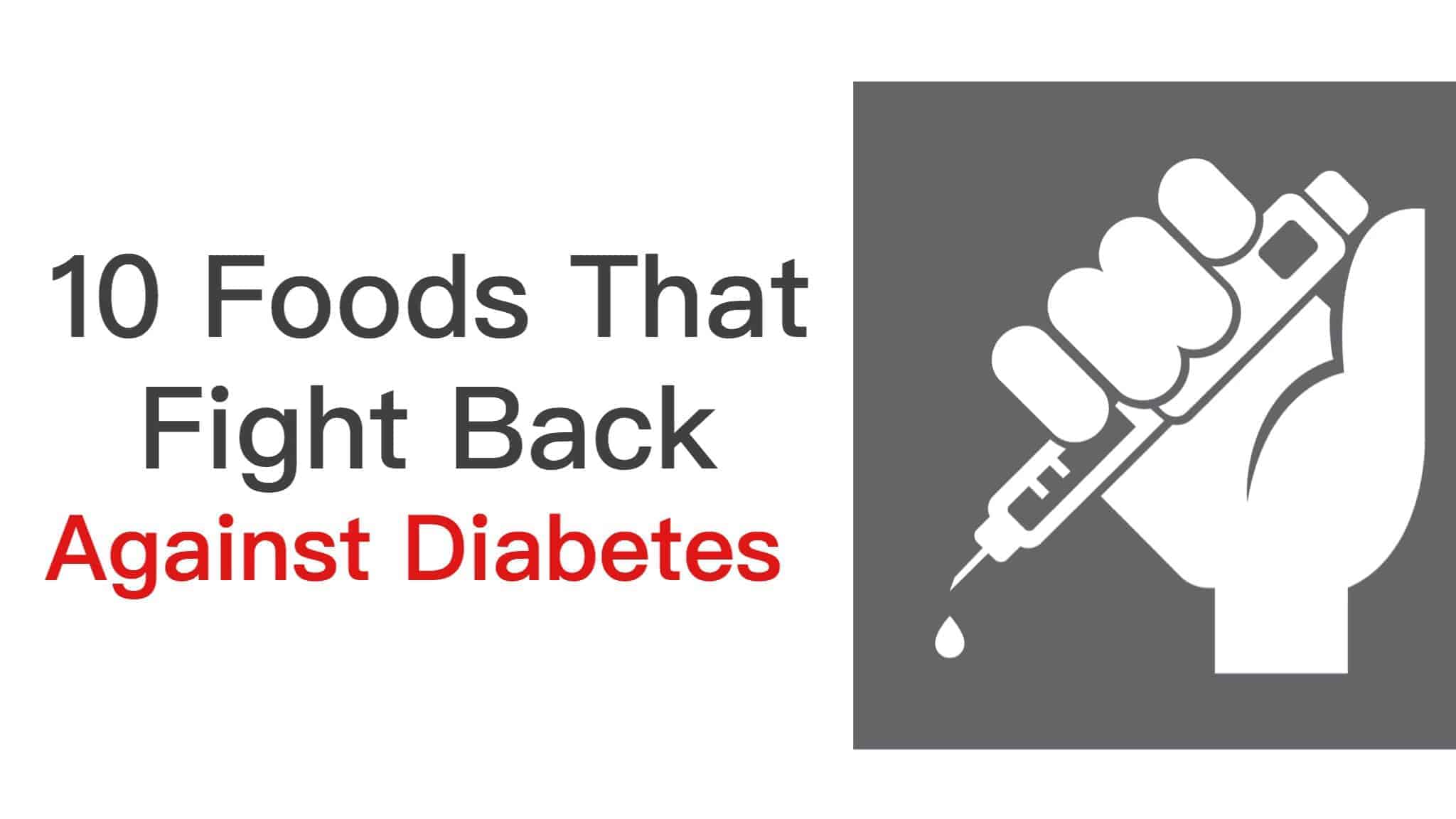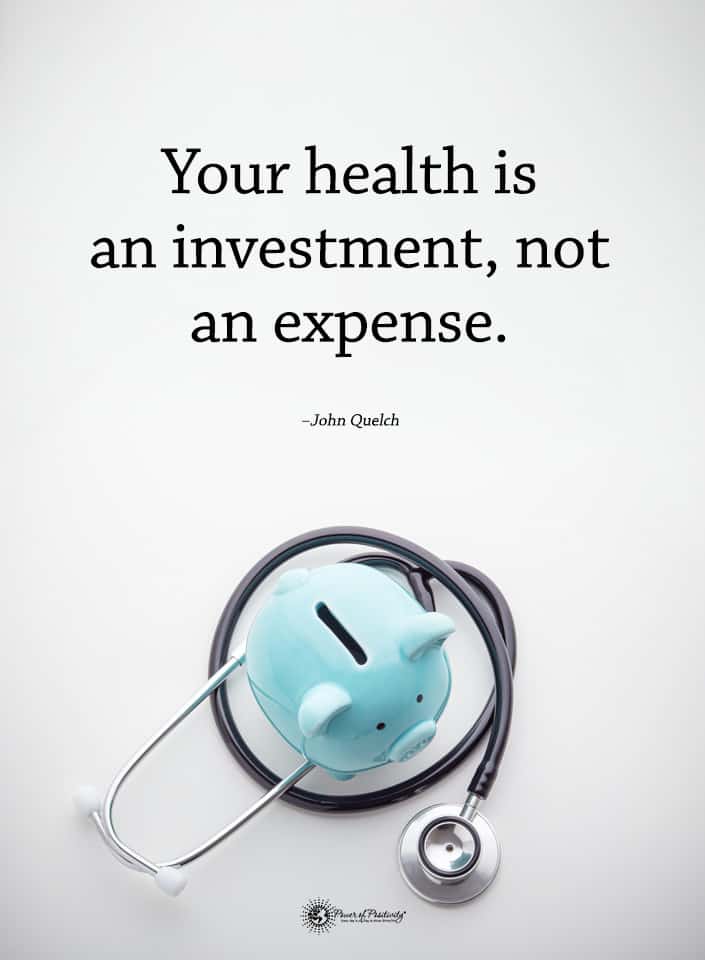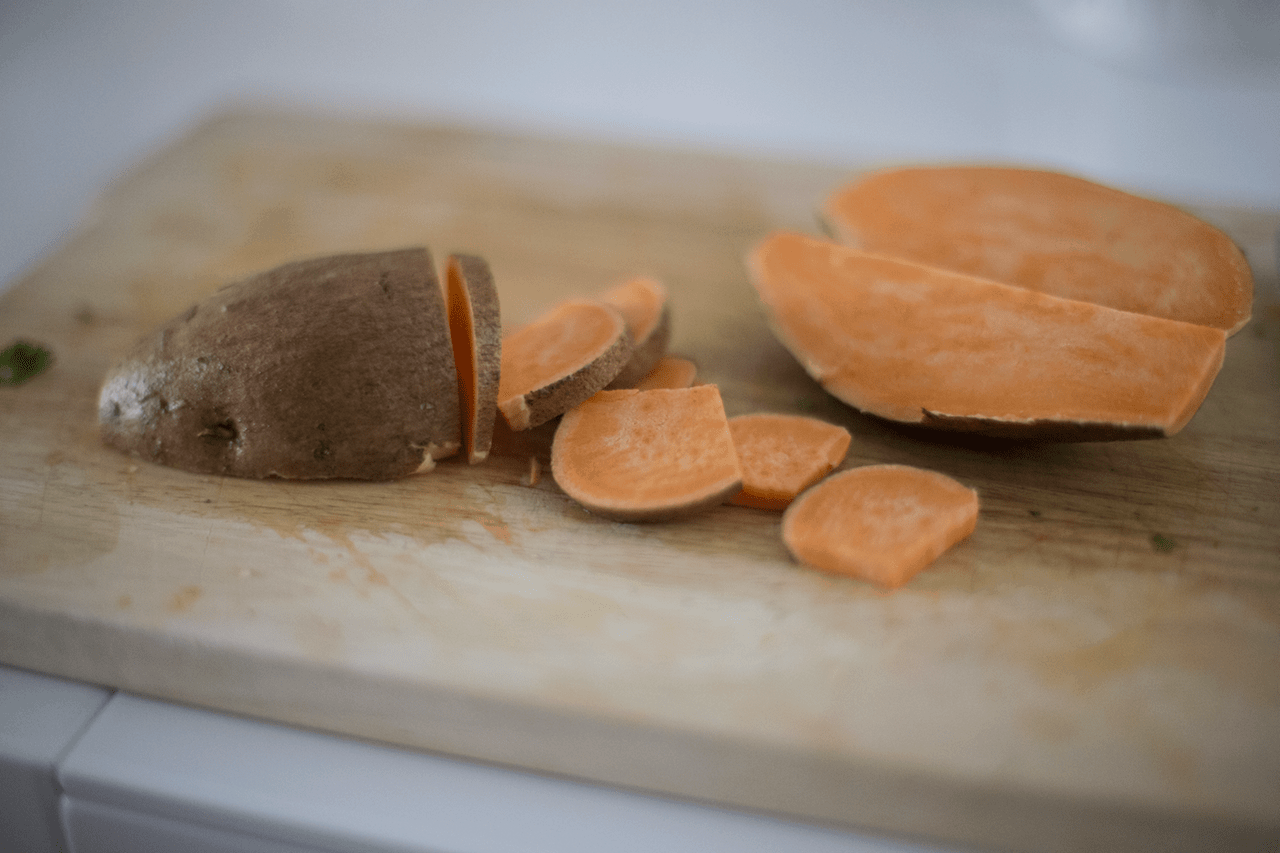First, our readers should know whether they have a genetic predisposition to diabetes. While scientists and researchers are still determining the strength of diabetes/genetics link, knowing your family history is half the battle. Type 2 diabetes is known to have a strong genetic connection.
The other half of the battle is “modifiable lifestyle risk factors,” which includes your diet. Lifestyle may be more influential than genetics, especially for Type 2 diabetes, which is the most common.
This article discusses ten foods that can “fight back” against diabetes. We’ll also discuss some of the science behind it.
10 Foods That Can Help With Diabetes
#1 Blueberries
Blueberries are considered a “superfood,” incredibly nutrient-dense food. Blueberries are potent diabetes fighters; a natural chemical in blueberries shrinks fat cells and stimulates the release of a hormone that helps regulate blood glucose levels. A protein hormone called adiponectin, which blueberries are a rich source of, can maintain low blood sugar while increasing our body’s sensitivity to insulin.
#2 Broccoli
Heart disease is the number one cause of death for people with diabetes, which makes broccoli’s inclusion on this list mandatory. Like blueberries, it too is considered a superfood – and a potent anti-diabetic source. Broccoli is rich in sulforaphane, a compound that initiates multiple anti-inflammatory responses that maintain blood sugar levels while protecting blood vessels from diabetes-related heart damage.
#3 Dark Chocolate
This treat is not only shown to increase satiety, but it is also rich in nutrients that ward off diabetes. One class of nutrients, flavonoids, helps reduce insulin levels, improve insulin sensitivity, and reduce insulin resistance. Flavonoids found in dark chocolate may lower blood pressure and lessen the risk of heart attack and stroke.
#4 Olive Oil
Olive oil is a known staple in Mediterranean-style diets, which may reduce the risk of type 2 diabetes by nearly 50 percent. Olive oil is also considered the healthiest monounsaturated fat and enhances satiety more than butter, lard, margarine, and canola oil. Rich in antioxidants, olive oil also safeguards cellular health by fighting free radicals and promoting heart health.
#5 Fish
Many types of seafood are excellent choices for diabetes, but fish reigns supreme because of its nutritional density and breadth. Fish is low in unhealthy fats, trans fat, and cholesterol. The fat within fish is healthy, unsaturated, and contains a bounty of Omega-3 fatty acids. Also, fish is high in protein and has zero carbohydrates; the latter helps stabilize blood sugar levels. The best fish choices for diabetes include albacore tuna, halibut, herring, mackerel, salmon, sardines, and trout.
#6 Cinnamon
Cinnamon is not only a delicious spice, but it also contains some potent anti-diabetes properties, especially for lowering blood sugar levels. In addition to dropping blood sugar levels, cinnamon improves the effectiveness of insulin. Tertiary benefits of cinnamon include neutralization of free radicals, anti-cancer properties, and anti-inflammatory properties. Its ability to decrease “systematic inflammation” further protects you from diabetes.
#7 Spinach
Spinach is another superfood with some incredible nutritional benefits. Spinach is an excellent source of alpha-lipoic acid (ALA); one promising area of ALA research focuses on the acid as “a possible alternative remedy to treat the pain associated with diabetic (neuropathy).” Neuropathy is a form of (often painful) nerve damage and often complicates diabetes and diabetes-related treatments. ALA also reduces blood sugar, cortisol (the “stress hormone), and inflammation.
#8 Walnuts
Walnuts contain a fatty acid, alpha-linolenic acid, which has demonstrated anti-inflammatory traits. Additionally, walnuts contain numerous other properties that ward off diabetes. In a 140,000-person study published in the Journal of Nutrition, participants “who consumed a 28-gram packet of walnuts at least twice a week were 24 percent less likely to develop type 2 diabetes.” Walnuts are also believed to protect against arthritis, heart disease, and cancer.
#9 Sweet Potatoes
Unlike various other starches, sweet potatoes have a much lower glycemic (read: sugar) index. Moderate consumption of sweet potatoes can stabilize blood sugar levels. Standard diabetes tests indicate that the food reduces fasting blood glucose. Anthocyanins, a flavonoid that gives sweet potatoes their orange hue, assist with warding off viruses and inflammation.
#10 Cannellini Beans
Yeah, this is a new bean for me too. Cannellini beans are white beans with some incredible health benefits. In a 2012 University of Toronto study, 121 people with type 2 diabetes saw their average blood sugar levels drop nearly 200 percent more than the whole-grain control group. Cannellini beans are also rich in protein and soluble fiber – a fiber source that lowers harmful cholesterol levels.
What Causes Diabetes?
Type 1 diabetes
Type 1 diabetes is an autoimmune disease. This happens because instead of fighting infection, your immune system goes after the insulin-producing cells in your pancreas. It’s sometimes called juvenile diabetes because it can appear in young children or teenagers. It’s unclear what causes type 1 diabetes, but a virus, genetics, or the environment could cause it.
Type 2 diabetes
This is the most common diabetes. It develops due to genes and lifestyle choices. You are susceptible to type 2 diabetes if you’re overweight and physically inactive. It can create insulin resistance when you’re overweight, especially if you carry fat in your stomach area.
Gestational diabetes
This type of diabetes occurs during pregnancy. Because there are no symptoms of gestational diabetes, every pregnant woman receives a blood sugar test to check for it.
Gestational diabetes stems from hormonal changes and lifestyle choices, and genes. Women who end up with gestational diabetes during pregnancy are at a greater risk of developing type 2 diabetes later. After the baby is born, there will be continued blood sugar tests and monitoring of the baby.
Other things that cause diabetes
- Gene mutations-Certain gene mutations damage your pancreas, causing diabetes. These usually pass down through families, but gene mutations randomly occur on their own once in a while.
- Cystic fibrosis scars your pancreas, so it can’t make insulin, resulting in diabetes.
- Hemochromatosis leads to your body storing too much iron, which damages your pancreas.
- Hormonal diseases cause insulin resistance because of too much of certain hormones.
- Cushing syndrome-Too much cortisol affects your body’s insulin production.
- Acromegaly- This condition occurs when your body makes too many growth hormones, damaging your pancreas.
- Hyperthyroid-Too much thyroid hormone speeds up your metabolism so that insulin is eliminated quicker, causing your blood sugar levels to spike, putting you at risk for diabetes. Hypothyroidism leads to low blood sugar.
- Damage or removal of your pancreas
- Pancreatic cancer
Certain medications disrupt your insulin’s ability to work correctly. These medications include:
- Anti-seizure drugs
- Diuretics
- Niacin
- Psychiatric drugs
- Pentamidine
- Glucocorticoids
- HIV drugs
- Anti-rejection medications
- Statins
If you take these medications and have high blood sugar, ask your doctor what you should do to manage your diabetes. They may change you to another drug that doesn’t disrupt your insulin.
10 Foods To Avoid If You Have Diabetes
1. “Fruit-based” Foods
They packed these fruit-based foods with sugar, making your blood sugar spike dangerously high. Even your favorite fruit smoothie may not be a good idea if you have diabetes. Avoid sugary fruit foods such as:
- Canned fruits
- Jams
- Jellies
- Fruit rolls
- Sports drinks
- Honey
2. High sodium foods
Sodium controls the balance of fluids in your body. This maintains your blood pressure. If you overeat salt, it causes fluid retention and high blood pressure. So, your feet, legs, and hands swell, which is dangerous for anyone with diabetes. High sodium foods include:
- Olives
- Pickles
- Sauerkraut
- Canned beans
- Frozen dinners
- Salted nuts
- Smoked
- Canned meats
3. Fatty meats
Meat consumption is consistently a risk of getting diabetes. These meats include
- Bacon
- Ground beef
- Hot dog
- Sausage
- Bologna
- Ribs
- Deli meats
Meats high in saturated fat and cholesterol raise your blood cholesterol, which causes you to gain weight. This weight makes it hard to control your diabetes.
4. White flour foods
These processed foods result in blood sugar spikes. Plus, they provide little to no nutrition. These white foods include:
- Rice
- White bread
- White pasta
They make white flour foods with refined carbohydrates. This softens the texture and strips away vitamins, fiber, and minerals, so these carbohydrates have a higher glycemic index. The glycemic index measures how quickly a food causes your blood sugar to go up. They rank foods from 0 to 100. The higher the number of food, the faster the food gets digested and absorbed by your body, causing your blood sugar to rise.
5. Processed foods
Processed foods contribute to insulin resistance, affecting your blood glucose levels. These processed foods include things like:
- Crackers
- Chips
- Snack cakes
- Cookies
- Doughnuts
- Pretzels
6. Sugary sauces and condiments
Sauces and condiments have a lot of sugar in them. This can cause your blood sugar to spike. Avoid spices and seasonings such as:
- Ketchup
- Barbecue sauce
- Honey mustard
- Gravy
- Salsa
- Tomato sauce
- Sriracha
- Teriyaki sauce
- Worcestershire sauce
- Teriyaki sauce
7. Fried foods
According to a long-term study, people who eat a good amount of fried foods have a high risk of heart disease and type 2 diabetes. Even eating fried foods only once a week puts you at risk of type 2 diabetes. Eating out where the frying oils weren’t fresh results in a greater chance of getting heart disease and type 2 diabetes.
- French fries
- Fried egg
- Breaded or fried chicken
- Fried fish
8. Drinks
Drinking a sugary drink is like drinking ten teaspoons of sugar. This results in high blood sugar that may lead to coma or even death for someone with diabetes if left untreated.
- Sports drinks
- Soda
- Diet soda-Even diet soda isn’t good for you if you have diabetes. The sweeteners signal insulin to be released by your pancreas.
- Specialty coffee drinks-These tasty drinks often contain sugar and fat.
9. Fat-free foods
Fat-free foods are low in fat, but they’re usually high in sugar and sodium to compensate for the lack of flavor.
- Light or fat-free salad dressings
- Low-fat yogurts
- Low-fat peanut butter
- Cereal
- Low-fat coffee drinks
10. Fresh fruit
Even though they’re fresh, some fruits are high in sugar and carbohydrates. This sugar boost makes your blood sugar spike.
- Bananas
- Cherries
- Mangos
- Watermelon
- Tangerines
- Kiwi
- Lycées
Final Thoughts on Eating to Manage Your Diabetes
Whether you have a genetic disposition towards diabetes or some of your lifestyle choices have led to this condition, it’s possible to manage your diabetes. Avoid certain foods that spike your blood sugar. Instead, choose foods that fight back against diabetes so that you can feel your best. Managing your diabetes is possible with healthy eating, exercise, and controlling your medications. Don’t let diabetes get you down. Take control of it so you can lead a full, active life.
















 Community
Community

